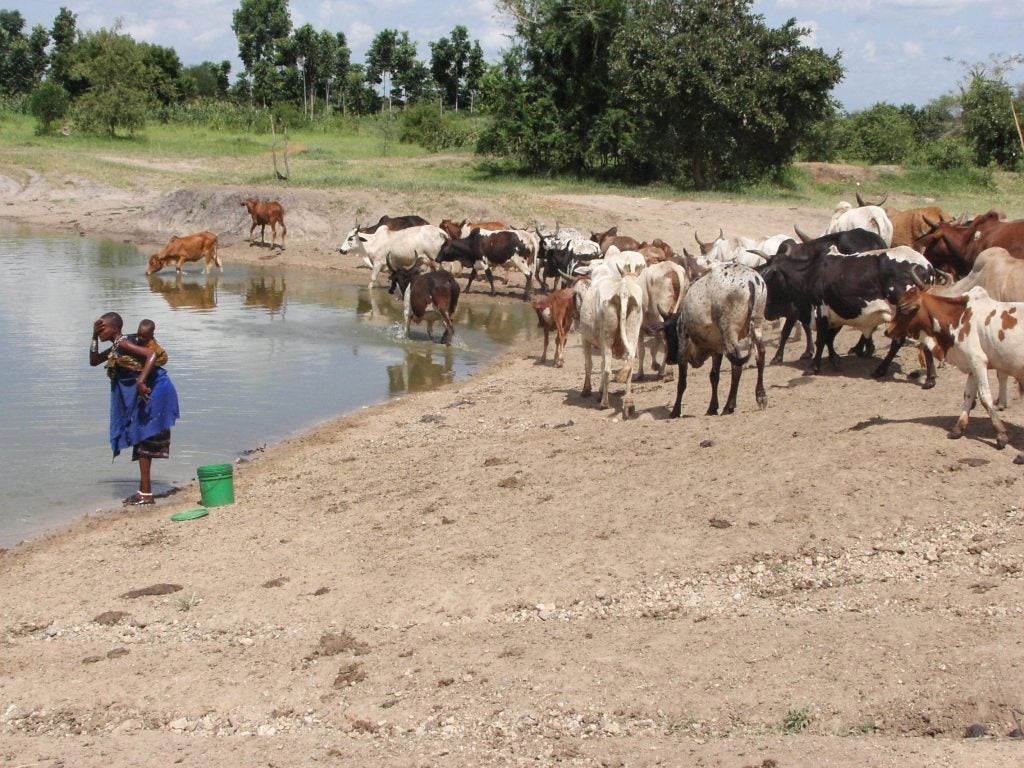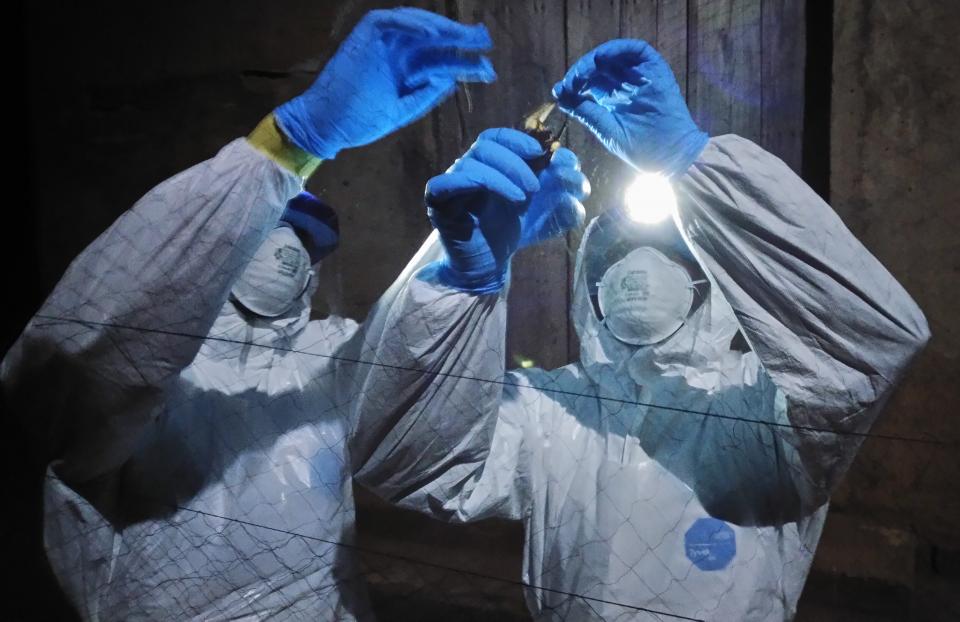“Nature is based on harmony. So it says if we want to survive and become more like nature, then we actually have to understand that it’s cooperation versus competition.” —Bruce Lipton
 Homo sapiens, the dominant species on planet Earth, has a growing impact on the natural systems that all living species depend upon to exist. The challenges we face are not all regionally defined; they involve global systems to produce safe and sustainable food sources to feed an expanded population, control and prevent infectious trans-boundary diseases, and limit the negative effects of climate change on interlinked ecosystems.
Homo sapiens, the dominant species on planet Earth, has a growing impact on the natural systems that all living species depend upon to exist. The challenges we face are not all regionally defined; they involve global systems to produce safe and sustainable food sources to feed an expanded population, control and prevent infectious trans-boundary diseases, and limit the negative effects of climate change on interlinked ecosystems.
As a result, how we cooperate across geographic, political, and cultural boundaries will determine our collective future. To educate the next generation of healthcare workers capable of addressing societal needs, our approaches to train this workforce must adapt to create professionals that bring together multiple disciplines with knowledge and skills to solve complex problems at the interface of people, animals, and the environments we share.

